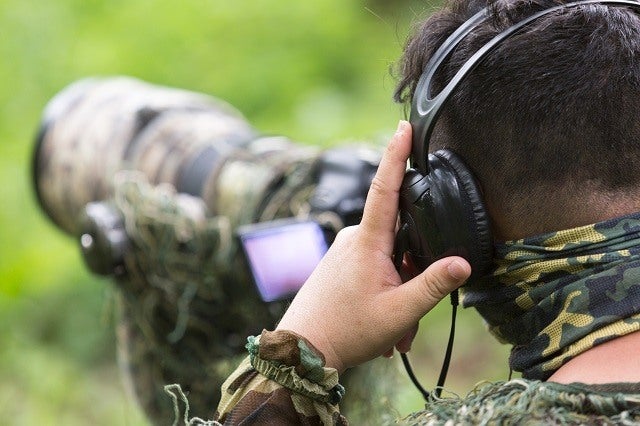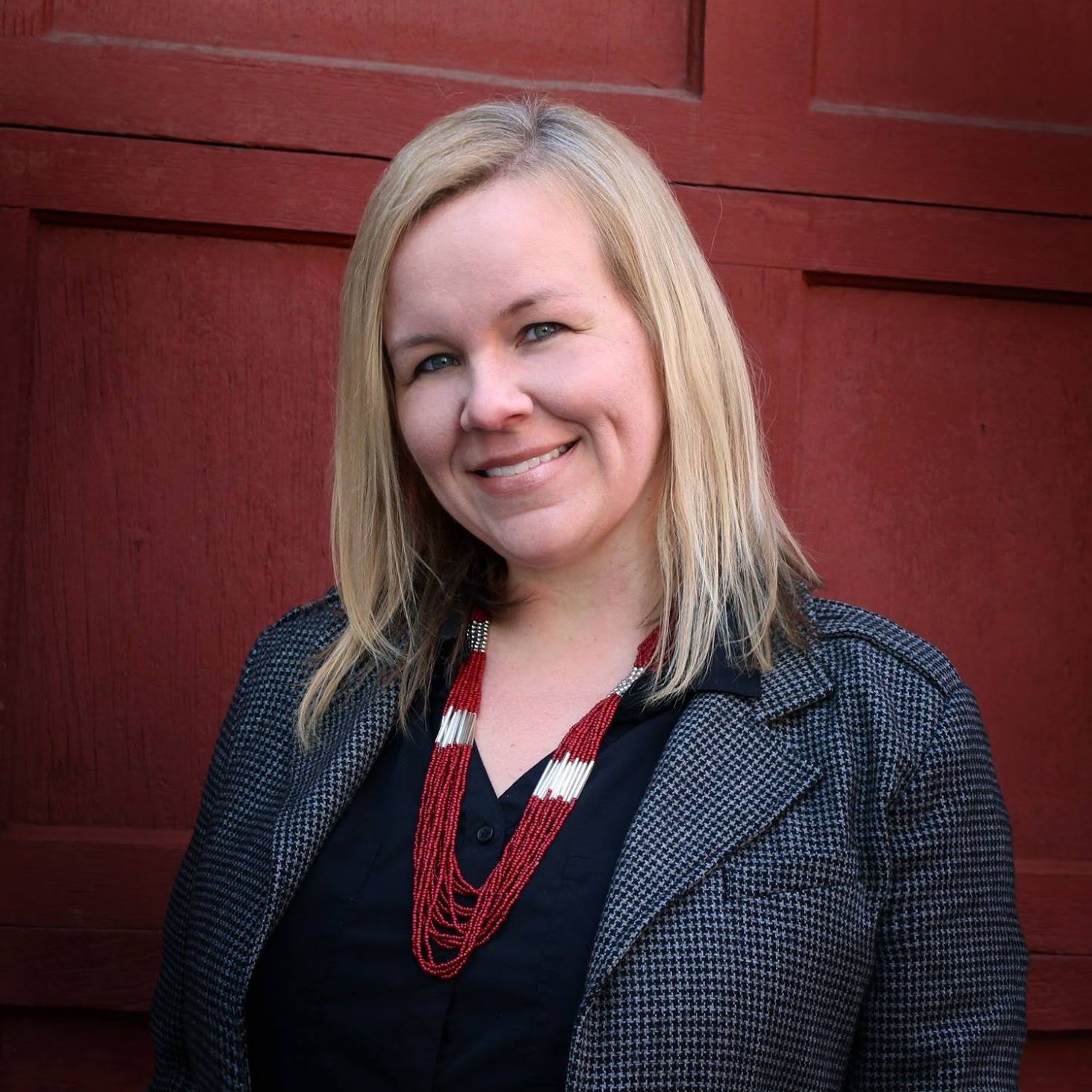3 November 2020
Studying Noise and Chemical Exposures to Reduce Hearing Loss and Tinnitus in the Military
Geneva researchers James Schultz, AuD and Jordan Cline, MA recently published their clinical application recommendations in The Hearing Journal.
Auditory conditions, including hearing loss and tinnitus, are consistently the most reported healthcare concerns for U.S. Service members and Veterans. Unfortunately, Veterans are 30% more likely than non-Veterans to suffer severe hearing impairment. Hearing loss can occur over time or as the result of a one-time exposure to a high-intensity noise. Determining the cause of the loss and the circumstances of onset are difficult challenges.
James Schultz, AuD, research audiologist at Geneva, and Jordan Cline, MA, clinical research coordinator at Geneva, are studying the long-term relationships between exposure to noise and certain chemicals, or ototoxicants, and hearing loss and tinnitus among military Service members and Veterans to improve hearing healthcare.
“Hearing loss can have significant adverse effects on a service member’s well-being with higher rates of anxiety, depression, and sleep disorders,” said Dr. Schultz. “As audiology clinicians, we want to educate patients about factors that may contribute to hearing loss and help them understand what may have caused the loss in order to protect the hearing as much as possible,” said Dr. Schultz. “While noise-induced hearing loss is permanent, it’s also largely preventable.”
NOISE Study
Schultz and Cline are part of the Noise Outcomes in service members Epidemiology (NOISE) Study, developed in 2014 as a joint effort by the Department of Veterans Affairs (VA) Rehabilitation Research & Development (RR&D) National Center for Rehabilitative and Auditory Research (NCRAR) in Portland, Ore., and the Department of Defense (DoD) Hearing Center of Excellence (HCE) in San Antonio, Texas. To date, more than 1,000 participants have been enrolled in the study consisting of active-duty Service members and Veterans recently separated from service within the past two and a half years. Researchers are collecting data for as long as possible to observe changes in their hearing and tinnitus and associate those changes with numerous different variables.
Schultz and Cline co-authored a report for audiology clinicians recently published in The Hearing Journal titled, “NOISE Study: Examining Hearing Loss, Tinnitus in the U.S. Military.” The report identifies the longitudinal epidemiologic gap that exists in hearing loss research. It also describes a potential clinical utility with recommendations for tools to standardize data collection.
Data to better understand etiology
“There is a clear gap in the literature when it comes to the relationships between exposures and service members. This study has been 10-15 years in the making,” said Schultz.
In addition to undergoing comprehensive audiologic assessments for the study, participants fill out extensive questionnaires about their medical history and military exposures. “We have 15-18 questionnaires for every participant when they enroll, and they fill out a questionnaire annually afterward. We have over 1,200 data points we are capturing,” said Cline.
Participants complete an analysis called the Lifetime Exposure to Noise and Solvents Questionnaire (LENS-Q), which documents their military occupational, non-military occupational, and recreational exposures to both noise and chemicals. Susan Griest, MPH is a NOISE study statistician with the U.S. Department of Veterans Affairs who was mostly responsible for creating the questionnaire.
Shifting data collection as a result of the COVID-19 pandemic
“The next step is to collect five-year data for participants by bringing them back in for an audiological exam,” said Cline. “That is difficult to do during the pandemic which has temporarily stopped in-person testing for the study.”
The importance of telehealth during the pandemic and electronic collection platform highlights the potential value of automated data collection for clinical purposes. While regular hearing tests are recommended, Schultz said that has long been a barrier for hearing healthcare. Researchers see this as an opportunity to improve the efficiency of how they perform audiological testing, identifying the need to be able to collect some data electronically ahead of time.
Clinical appointments don’t always allow adequate time for thorough and accurate case history review and limited information can be derived from a case history and audiologic assessment. Clinicians prioritize their time carefully to consider what can be done to make clinical encounters as effective and beneficial as possible for patients.
“We will have collected so much data and we hope to better determine risk factors in order to reduce the prevalence of hearing loss and tinnitus in our Service members and Veterans,” said Schultz. “Hopefully, the data from this study can be used for years after it’s been collected to continue to improve the quality of life for many people.”

“There is a clear gap in the literature when it comes to the relationships between exposures and service members. This study has been 10-15 years in the making."
Dr. James Schultz, Geneva Audiologist
HIGHLIGHTS
- Veterans are 30% more likely than non-Veterans to suffer severe hearing impairment. Determining the cause of the loss and the circumstances of onset are difficult challenges.
- Researchers are collecting data for as long as possible to observe changes in their hearing and tinnitus and associate those changes with numerous different variables.
- The importance of telehealth during the pandemic and electronic collection platform highlights the potential value of automated data collection for clinical purposes. Researchers see this as an opportunity to improve the efficiency of how they perform audiological testing, identifying the need to be able to collect some data electronically ahead of time.


